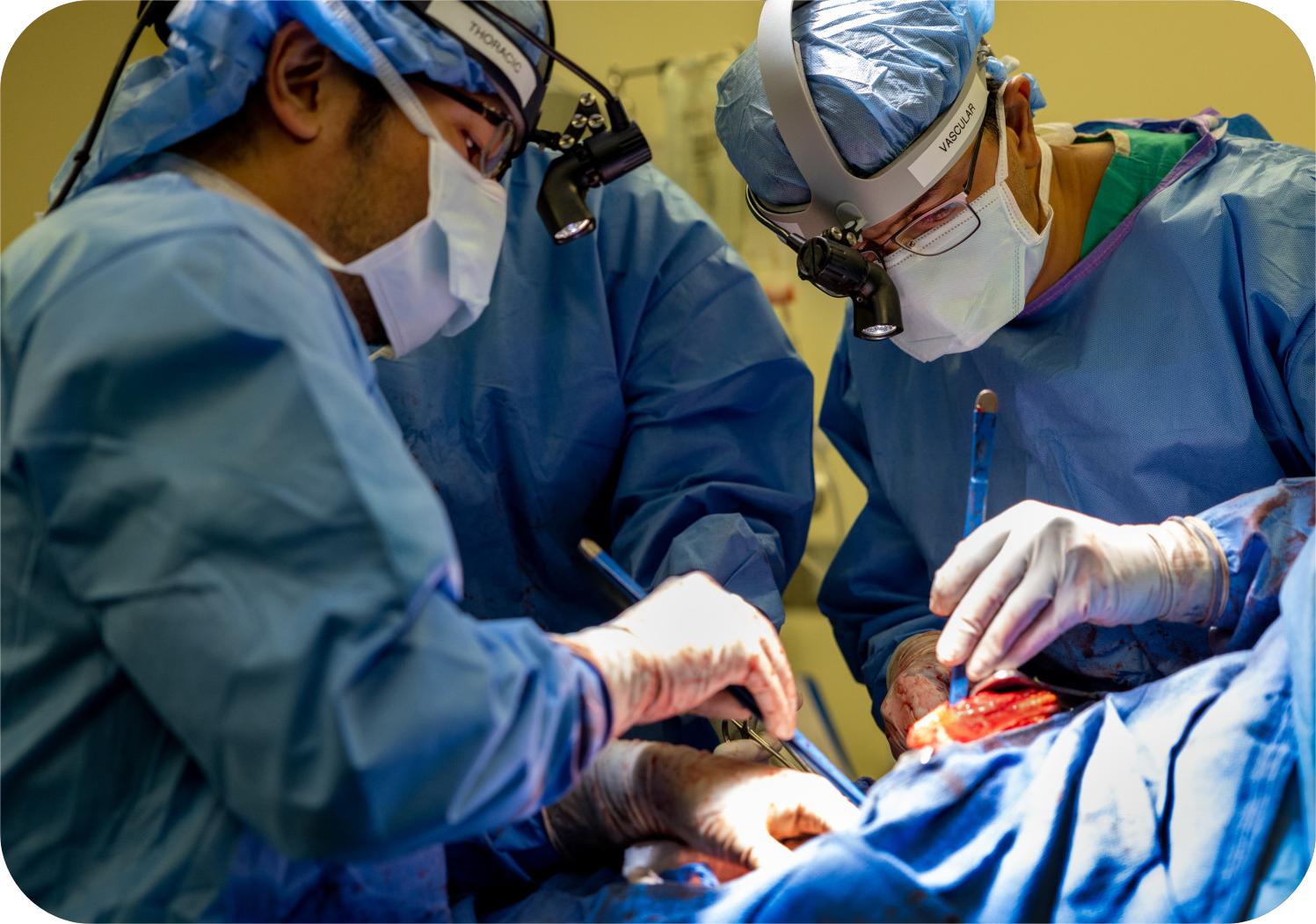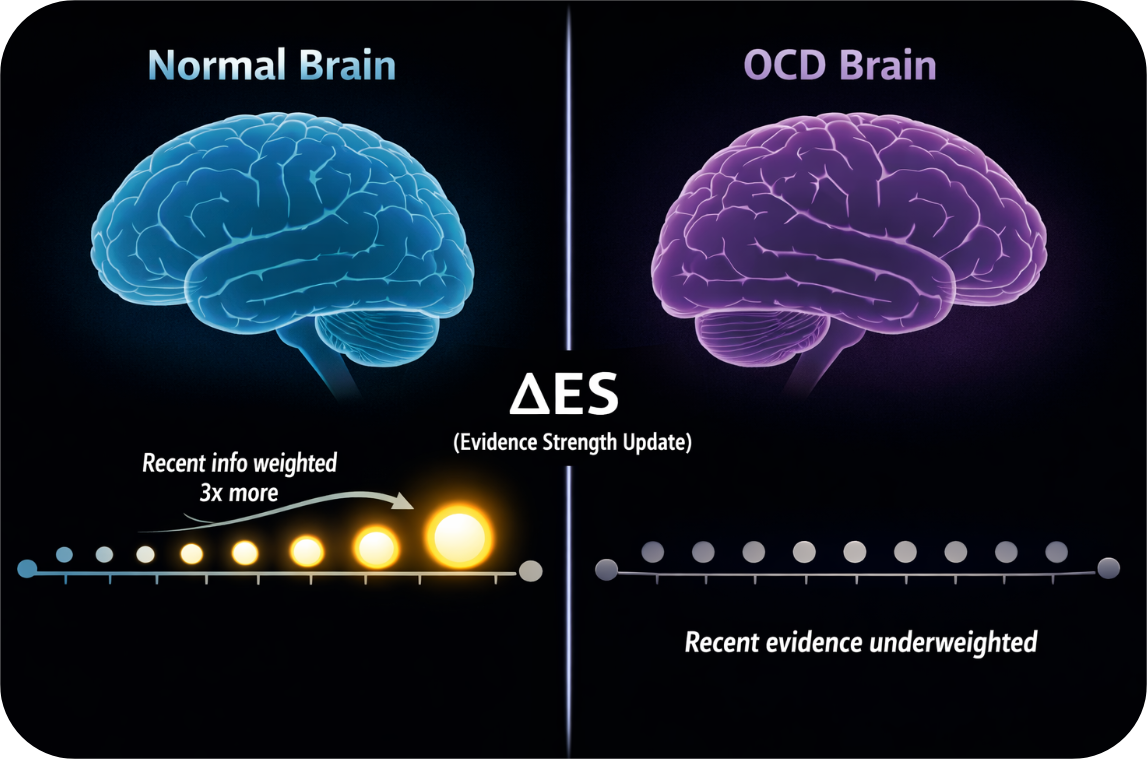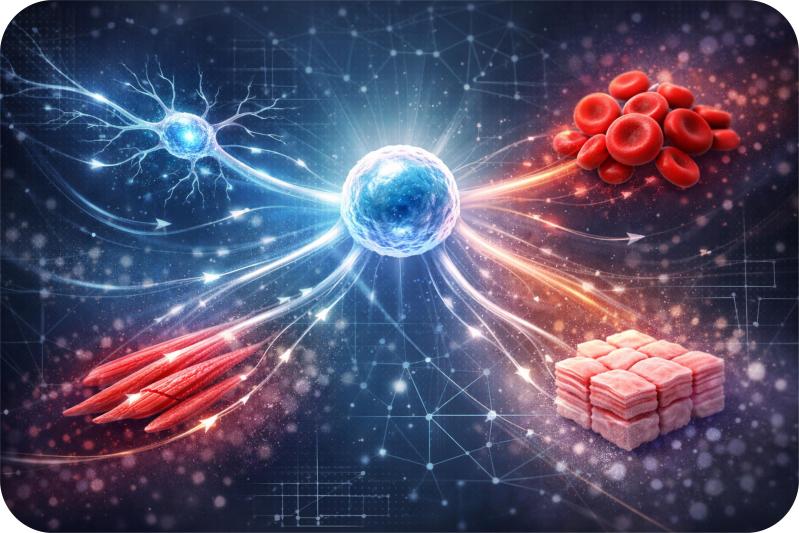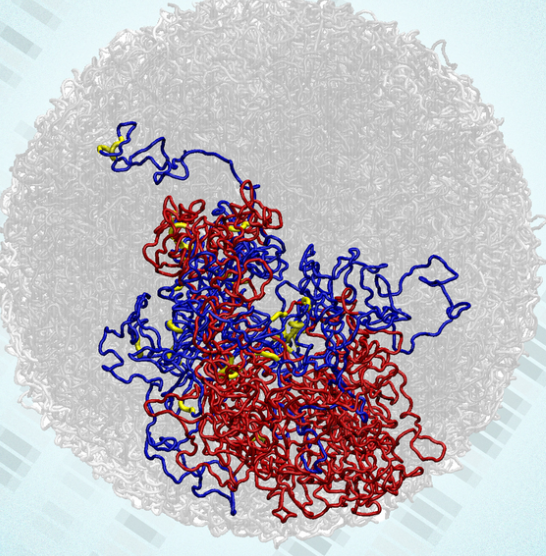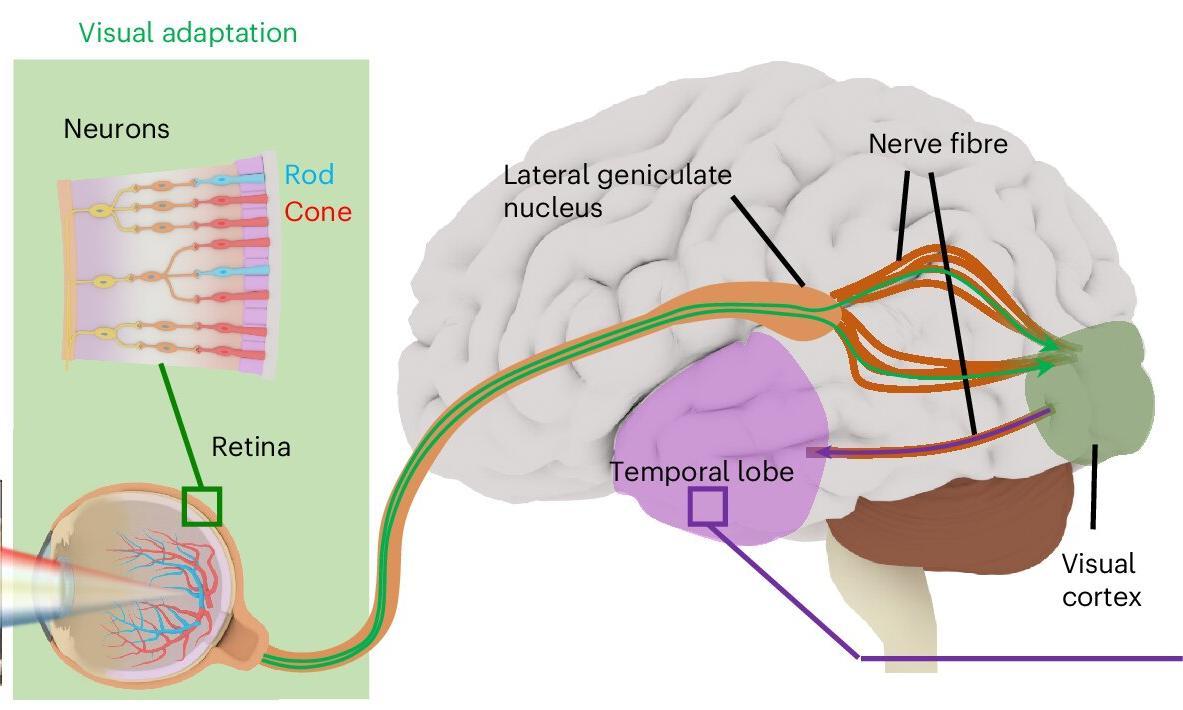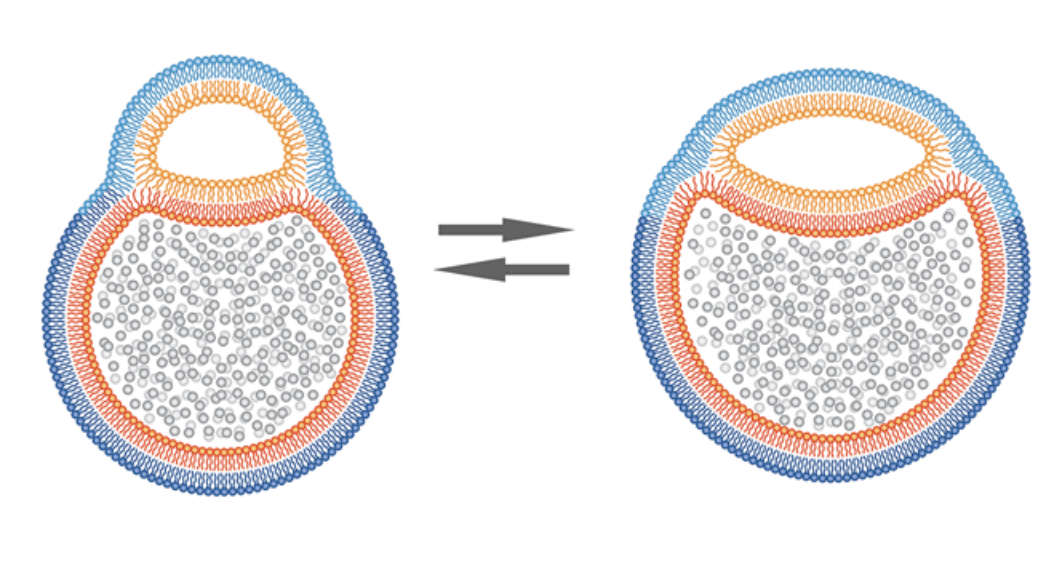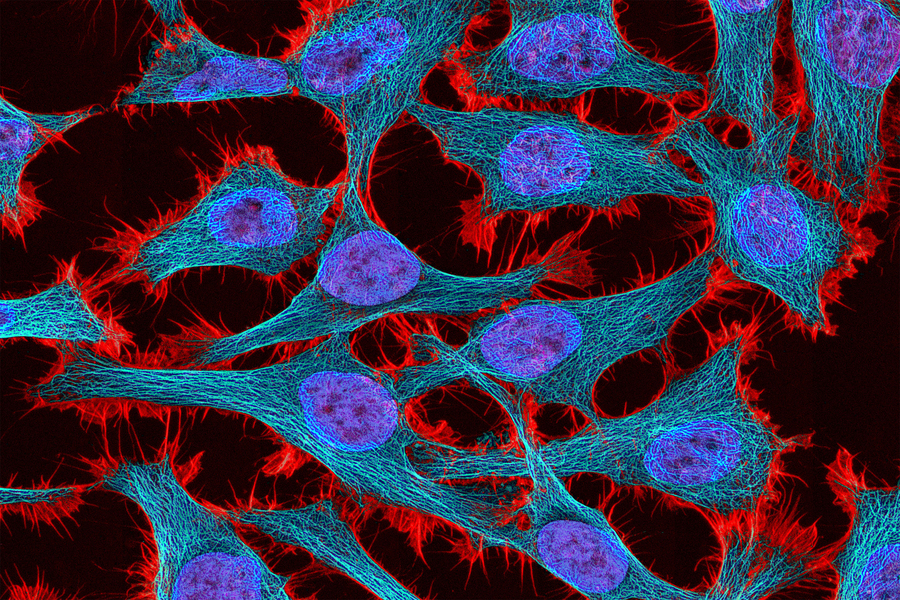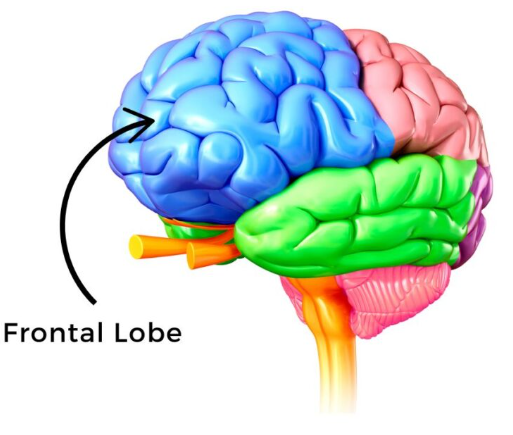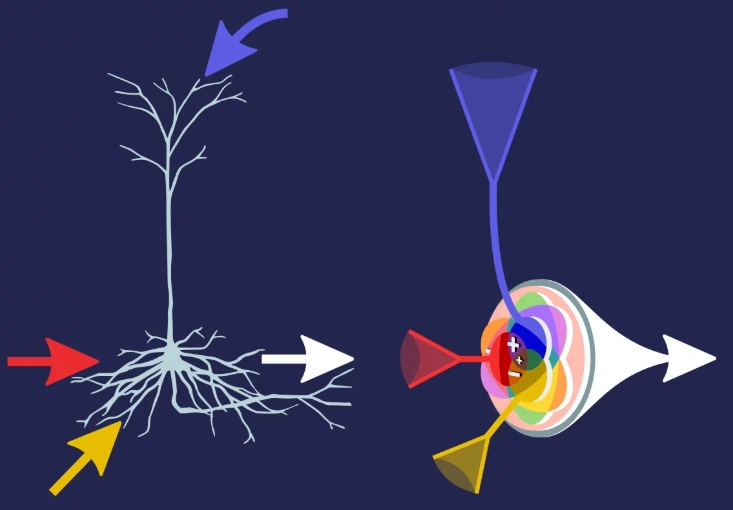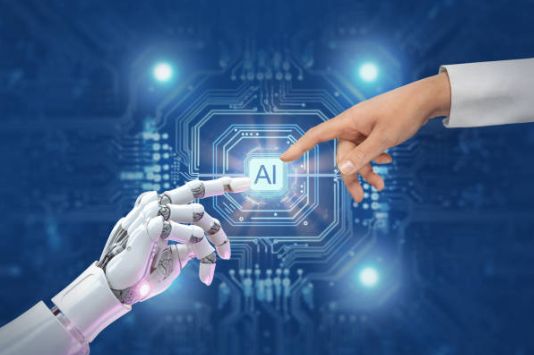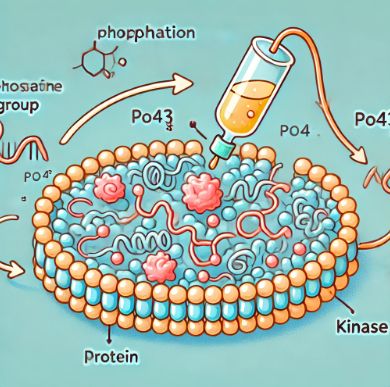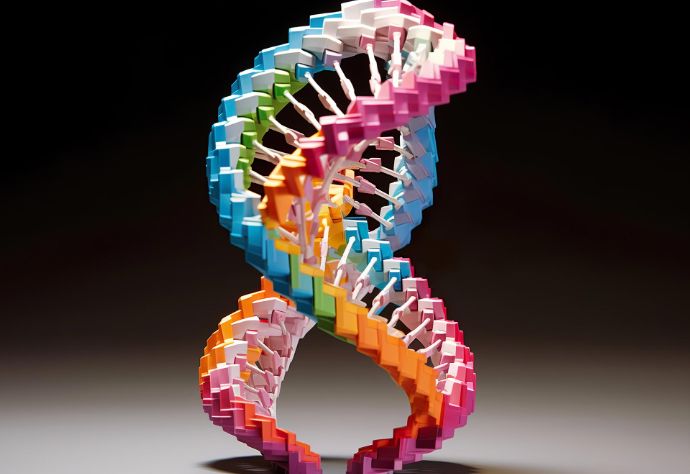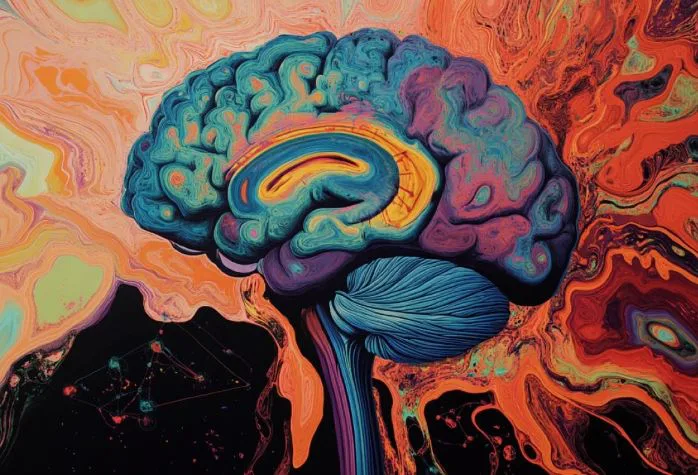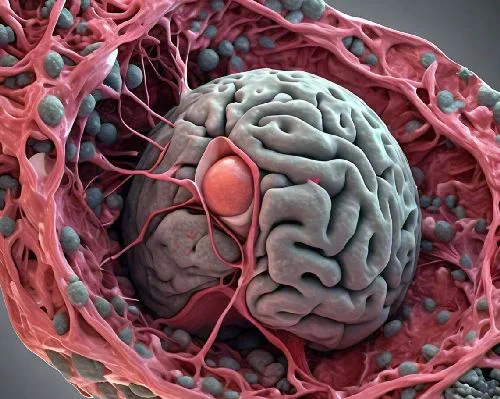The man from Missouri should have been dead by spring 2023. By the time a medical helicopter delivered him to Northwestern Memorial Hospital on a rolling bed of tubes and machines, his body was already struggling to survive. What started as a seasonal flu had curdled into a resistant infection that was essentially melting his lungs from the inside.
Read MoreCategory: Health Tonics
OCD Isn’t About Needing Certainty, It’s About a Brain That Can’t Update Beliefs
Each one of us, sometimes or the other has this weird habit or maybe obsession of checking if we’ve locked the front door or not. You check once, locked. Check again, still locked. Third check. Fourth check. By the tenth check, you’re not actually discovering anything new, yet you can’t shake the doubt. For people with obsessive-compulsive disorder, this scenario is almost… daily. These individuals aren’t indecisive because they can’t think clearly. Instead, recent neuroscience research reveals that their brains struggle to update beliefs based on new information. A study…
Read MoreAI Is Learning to Predict and Control Cell Fate with scDiffEq
Have you ever realized that at the very beginning, you started out as just one tiny cell. From that single cell, all the different parts of your body, like your brain cells, heart muscles, blood cells, even skin developed. The question is, how does that one original cell somehow “know” what to turn into? How does it decide to become a brain cell or a heart cell, instead of just staying the same?
Read MoreMicrocompartments: A Hidden Layer Inside Our DNA
For decades, scientists believed that when a cell divides, its genetic material, called the genome, temporarily loses its 3D organization. And it consequently becomes a “blank slate” before rebuilding itself.
Read MoreArtificial Neurons That Learn Like the Brain: The DRAM–MoS₂ Breakthrough
I came across some research from Fudan University recently that really caught my attention – Artificial neuron merges DRAM with MoS₂. As the headline suggests, they’ve built an artificial neuron that doesn’t just copy the way brain cells connect to each other, but also how they adjust their own internal behavior.
Read MoreThe Discovery of Hemifusomes Challenges Old Views on Cell Structure
In a breakthrough discovery, a new thing in cell biology called a hemifusome has come to light. It showed up when researchers used cryo-electron tomography (cryo-ET), it’s one of the ways to take super-detailed 3D images of cells while they’re still in a fairly natural state. Unlike traditional electron microscopy, which involves a lot of processing that can mess with delicate structures, cryo-ET keeps things closer to how they actually are in living cells. It was Dr. Seham Ebrahim and her team who used this method to uncover hemifusomes in…
Read MoreComMAND Circuit Enables More Precise Control Of Gene Therapy
For years, researchers have been trying to fix genetic diseases by simply adding back the missing gene. The idea is pretty straightforward, if a disease is caused by a faulty or missing gene, just give the patient a working copy. But the tricky part has always been figuring out how to control how much of that gene gets used in the body.
Read MoreNeuroscience Shows Memory Depends on More Than Just Perception
If you’ve ever tried to remember where you parked your car while also keeping track of your grocery list, you’ve felt the limits of working memory. A new study from researchers at NYU and Ohio State digs into how the brain decides what to hold onto more carefully and most importantly, how it does it.
Read MoreInfomorphic Neurons: Self-Learning AI Inspired by Biology
Imagine if artificial neurons could learn like the ones in our brains, adapting, making decisions on their own, and figuring things out without needing a central command. That’s exactly what scientists are working on with a new kind of artificial neuron called infomorphic neurons. Unlike traditional artificial neural networks, these neurons don’t need an external system to guide their learning. Instead, they learn in a self-organized way, just like biological neurons do.
Read MoreHow Your Brain Filters Information: The Science of Excitation and Inhibition
Neurons in our brain are constantly taking in and distributing information, be it sound, sight or touch, everything is getting processed in the real time. But how exactly does this work? Recent research sheds light on how groups of neurons work together to encode and process information. The study has surfaced some interesting insights about the balance between excitation and inhibition in the brain.
Read MoreAI’s Potential: Revolutionizing Healthcare
The healthcare industry is leveraging conversational artificial intelligence to improve patient engagement. These conversational AIs are based on large language models (LLMs), which provides a window to level up patients’ interactions with the health care systems as these framework offers customized and efficient support.
Read MoreSynthetic Phosphorylation Networks: A Breakthrough in Cell Signaling
Bioengineers at Rice University have developed an innovative technique for creating custom sense-and-respond circuits in human cells. This innovation could be a game changer for conditions like autoimmune disease and cancer. What is custom sense-and-respond circuits in human cells? It is an interesting mechanism where cells pick up particular signals from its outside environment and react in a certain manner. It can be compared to personalized tools that can empower us to finely tune how cells behave.
Read MoreDNA Origami: Tiny Toolkit for Big Innovations
Super interesting research about DNA has lately surfaced. The blue print of life is not only a research material for biology but now, it is also utilized for building tiny robots! Doesn’t it sound futuristic? With a groundbreaking technique called DNA Origami, scientists at The University of Sidney are turning this sci-fi feat into a reality.
Read MorePsychedelics Stimulate Hippocampal Cells to Alleviate Anxiety
When I first read “DMT: The Spirit Molecule” by Dr. Rick Strassman, I thought developing psychedelic inspired drugs without any “hallucinating” side-effects to cure anxiety related problems could be a game changer. Interestingly, I came across research by Cornell University, where researchers did come up with psychedelics to excite cells in hippocampus to reduce anxiety.
Read MoreNew Pathway Discovery: Could Block Glioblastoma Spread
An international team of researchers from the academia of Canada and the U.S., has uncovered a new way that cancer cells use to invade the brain. Interestingly, the research team led by the Singh Lab at McMaster University has also found a new therapy that looks promising for blocking and killing these tumors.
Read More
